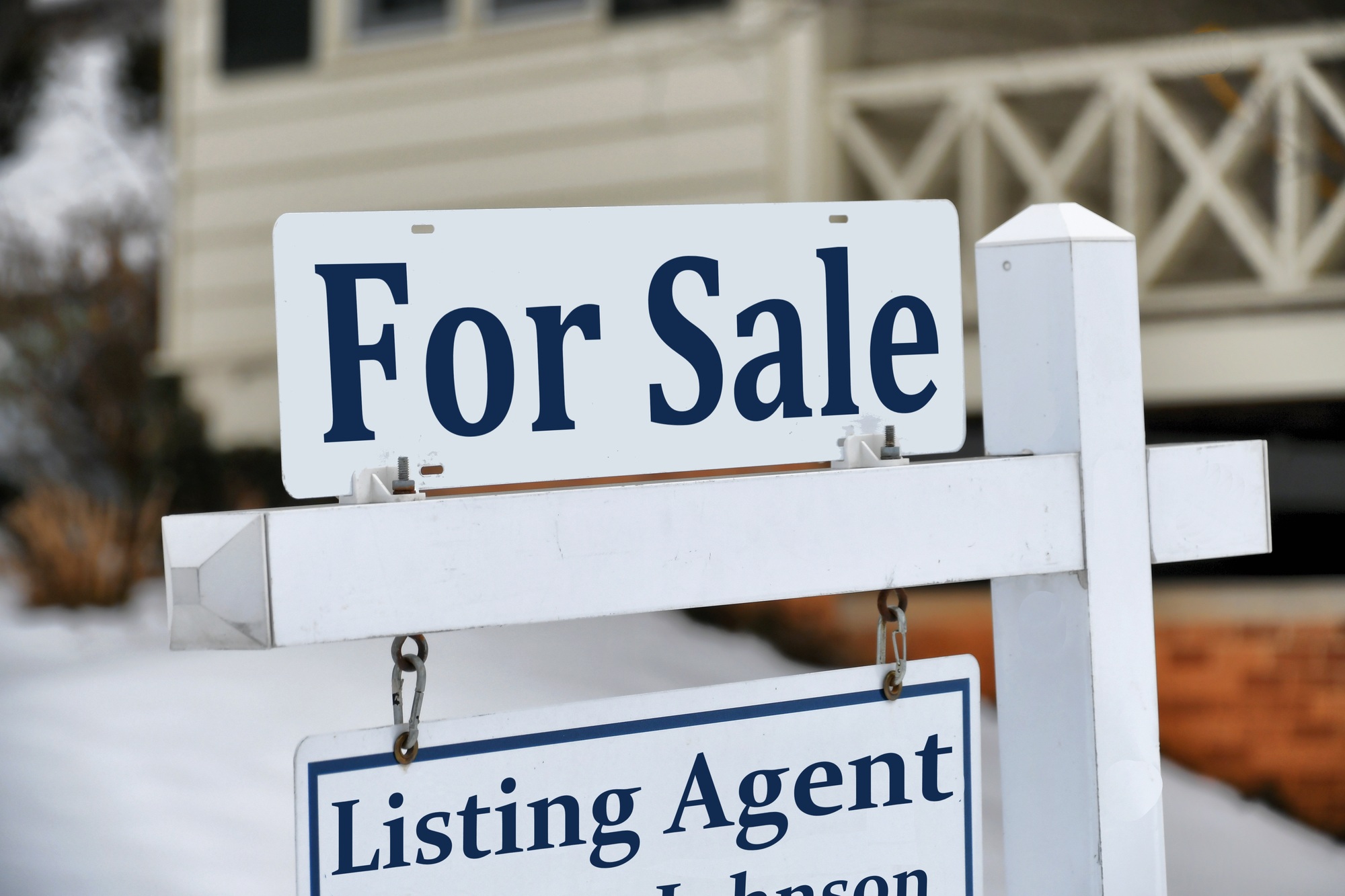Today, a remarkable piece of American history is on the market in Boston. The historic home of John Hancock, a prominent Founding Father and key figure in the American Revolution, is now available for purchase. This presents a rare opportunity for collectors, history enthusiasts, and investors to own a piece of the nation’s early history.
Over the years, Boston’s real estate market has seen steady growth, with historic properties often fetching premium prices due to their cultural significance and architectural uniqueness. The sale of Hancock’s home adds a new chapter to this vibrant market, attracting attention from both local and international buyers eager to own a tangible link to America’s revolutionary past.
The property, located in the heart of Boston, offers a glimpse into 18th-century American life. It has been preserved and maintained to reflect its original charm, with period-appropriate architecture and historical artifacts that have been carefully curated. The house is not only a residence but also a symbol of the nation’s founding principles and the legacy of John Hancock, who was known for his large signature on the Declaration of Independence and his leadership in the American Revolution.
Potential buyers include history buffs, educational institutions, and those looking to invest in a property with significant cultural value. The sale could elevate the prestige of Boston’s historic district and bring increased tourism and educational opportunities to the area. Experts suggest that properties like this historically appreciate in value over time, especially given the increased interest in American history and heritage tourism.
Market analysts are watching the sale closely as it could influence the pricing dynamics of similar historic properties in Boston and beyond. If successful, this sale might inspire more efforts to preserve and promote historic homes across the United States, blending real estate with cultural preservation.
Next steps involve negotiations with interested parties, with the final sale expected to attract considerable attention. The property’s uniqueness guarantees that it will remain a focal point in Boston’s real estate landscape for years to come. Future developments may include potential renovations or public access initiatives to maximize its educational impact.
What is the significance of owning a historic property like John Hancock’s home?
Owning such a property offers a direct connection to American history and an opportunity to preserve the nation’s cultural heritage for future generations.
How does the sale of historic homes influence the local real estate market?
High-profile sales of historic homes tend to increase interest and property values in the surrounding areas, boosting local real estate markets overall.
What should buyers consider before purchasing a historic property?
Buyers should consider the costs associated with preservation, maintenance, and compliance with historical preservation regulations to ensure the property’s integrity is maintained.







